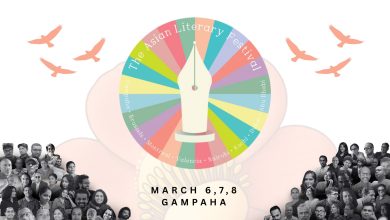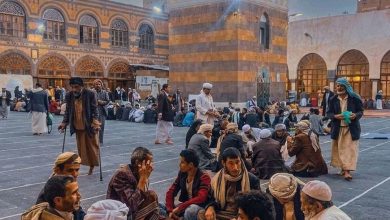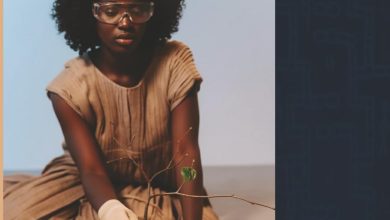MEETING OF NATIONAL COORDINATORS WPM IN AFRICA
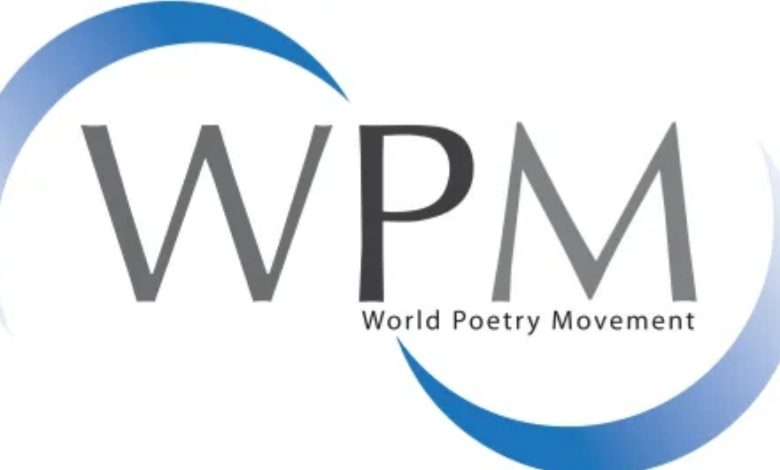
MEETING OF NATIONAL COORDINATORS
WPM IN AFRICA
Sunday, August 31, 2026.
Assistants:
Achour Fenni (Algeria), Zolani Mkiva (South Africa), Deema Mahmood (Egypt), Francisco Conduto Pina (Guinea-Bissau), Saley Boubé Bali (Niger),
Oumar Farouk Sesay (Sierra Leone), Patron Henekou (Togo), Rethabile Masilo (Lesotho), Koumanthio Zeinab Diallo (Guinea), Radhouane Ajroudi (Tunisia), Ana María Oviedo (Venezuela), Gloria Chvatal (Colombia), Fernando Rendón (Colombia).
The meeting was convened to revitalize the African coordination and to listen to the concerns and proposals of the national coordinators on the work of WPM in each country, to establish a more constant coordination between the countries, holding frequent meetings and advancing in joint tasks.
*
Poetry is the engine of cultural development and the liberation of the African continent. The whole culture passes through poetry and it is an essential and dynamic way to promote pan-Africanism, through a continental poetic integration. Poets have an important role in the liberation of minds and politics is always influenced by the poets who inspire it.
WPM is made up of poets who defend humanism. The values of the ancestors should govern our path to move forward together in a global world. The best tool to move forward is to adopt a strategic, collaborative and associative approach.
*
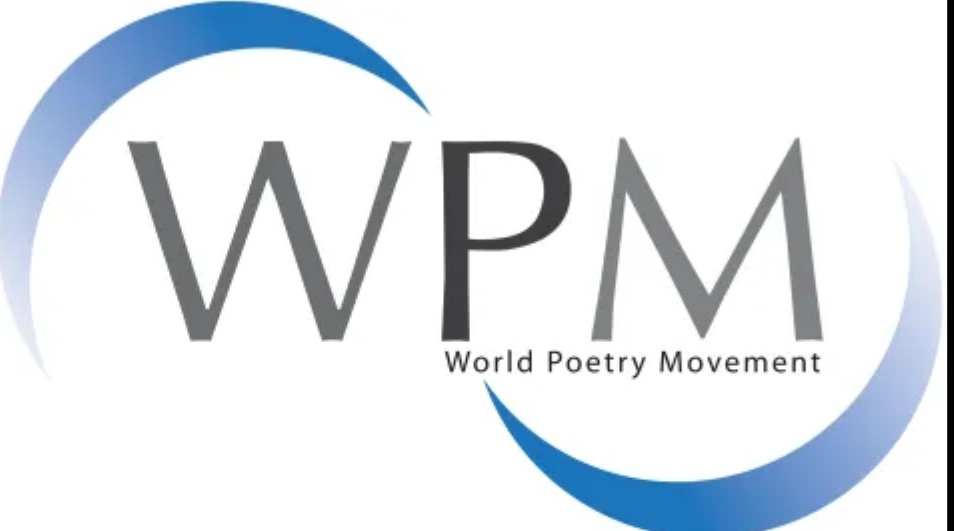
Proposals were presented focused on the need to project Africa more strongly in the world, its cultures and its diversity, which are the great wealth of the continent for the world. There is an agreement to consolidate an African poetic force that speaks to the world.
The Niger chapter shared experiences, such as the creation of dissemination spaces through the partnership with cultural centers of the country and schools to sensitize young people and promote traditional poetry by creating the first poetry school in the Amazigh language, in collaboration with traditional Tuareg poets. His plans include the realization of a book fair accompanied by poetry recitals; to integrate literary itinerancy into Niger’s tourism, turning writers’ places of residence and work, as well as their manuscripts, into elements of the national heritage.
*
The diversity of languages and cultures is the richness of Africa, and paradoxically it also makes it difficult to meet. Other limitations that arise are that many important poets live outside Africa, with economic and technological limitations and difficulty managing visas to travel, isolation due to the prevailing rurality, political conflicts and in many cases, the restriction of freedoms. Another important obstacle is the lack of legal recognition of WMP in countries, which is crucial to receive support from states and their partners.
*
As a central project, it arises to hold a virtual Congress of WPM Africa, in which it is possible to address the problems of African culture, listen to proposals and make decisions for joint action. To discuss what we are and what we can give to the world. To coordinate and get to know each other better, also to make the best possible use of the resources of any kind that exist. From South Africa, the poet, parliamentarian and member of the WPM CC Zolani Mkiva undertakes to lead the realization of this project with the accompaniment of the central coordination of WPM and the active participation of the members of WPM in Africa, which will include a continental poetry reading and participation of musicians.
*
It is proposed to establish a complete list of African poets by countries. To establish a network of researchers specialized in African poetry to promote research and dissemination, to face the problems of poetry publication, to work on good national and binational poetry anthologies that present the best of the continent’s poetry and that can later be shared and exchanged.
The great value of traditional and popular poetry was discussed, as well as the importance of projecting the contemporary poetry of good poets of all ages.
It is considered that an editorial board can be formed that decides the areas that should be covered. Each national coordinator would be responsible for gathering inputs from each country and its region. It will be a great asset to increase the visibility of WPM Africa and would have the support of the general coordination of WPM for the design and dissemination.
It is important to use the technological resources available to share internally in Africa and then in each country the calls for international publications, achievements and achievements. We must all be a united force to project our message and our work.
*
Our continent has a very young and rural population, so we must bring poetry to schools, cultivate the culture of poetry and calligraphy, share with our youth, bring them closer and show them the ancestral culture, and listen to them when having a dialogue with them.
*
An effort should be made to increase the number of national poetry festivals and to establish continental prizes to stimulate creativity.
*
The continent’s widespread solidarity with the Palestinian people and the inhabitants of Gaza was also evident. Several poets present stated that they had participated in the WPM actions since October 2023.

